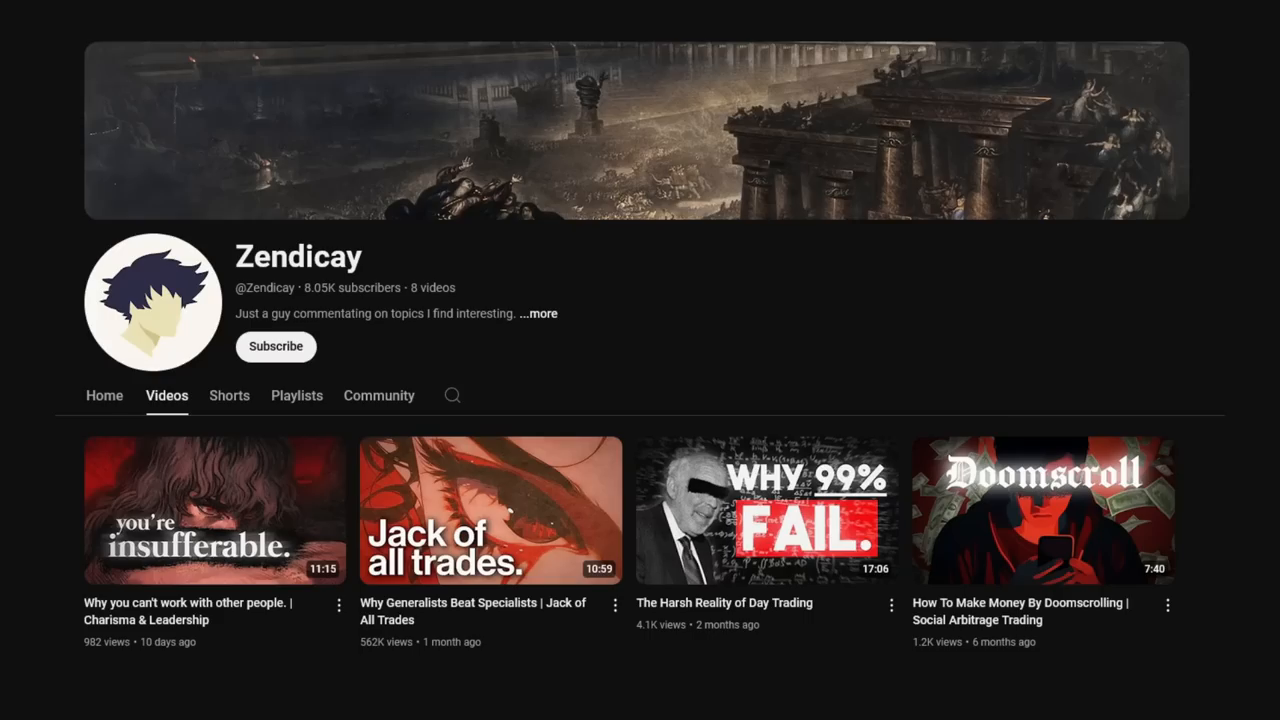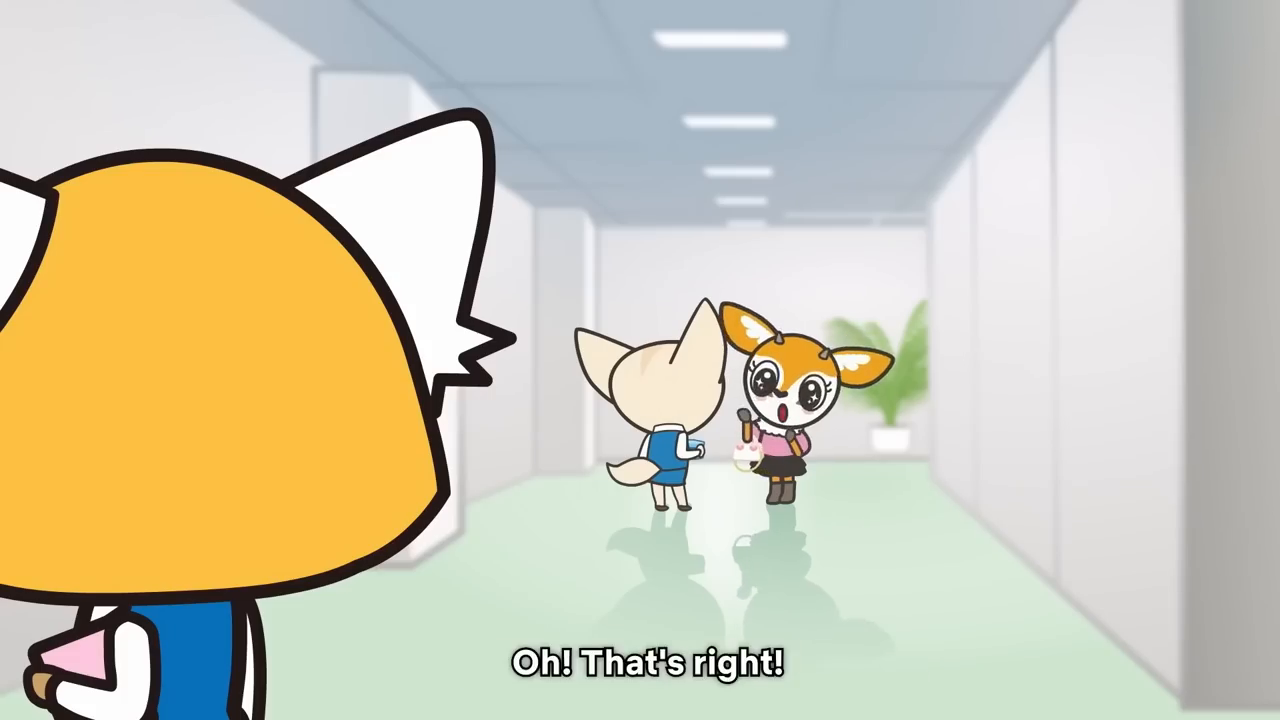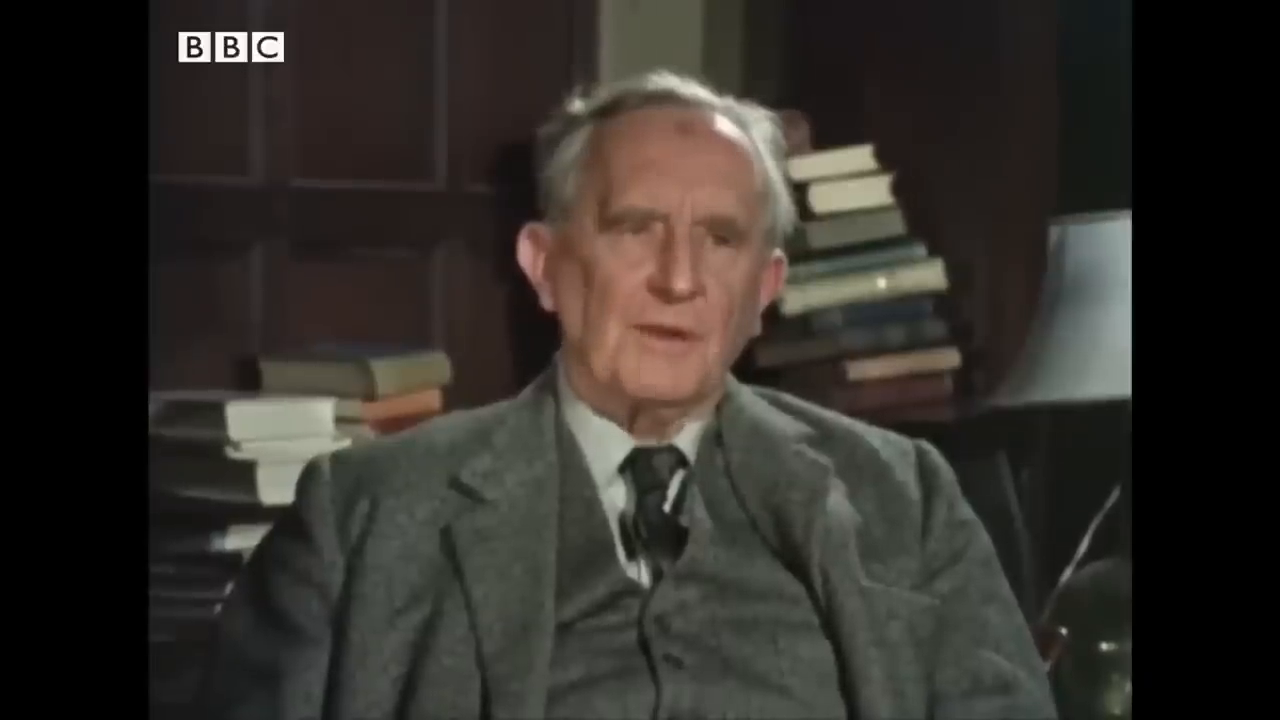Exploring Generalists and Specialists: Why True Specialization Is Impossible
The phrase "Jack of all trades, master of none" is a well-known saying, often used to criticize those who dabble in many areas rather than excelling in one. However, the lesser-known second half of this saying—"but better than a master of one"—offers an intriguing counterpoint. This discussion aims to delve into the differences between generalists and specialists, exploring why true specialization is unattainable for humans and how tools help us achieve what specialization cannot.
Let’s dive into this multi-faceted topic by reflecting on the original insights provided in a recent video on this subject.
Introduction: The spark for the discussion
The video begins with the creator explaining their inspiration. They stumbled upon another content creator discussing the same subject and decided to make their version of the topic after stopping the original video barely a minute in, driven by immense inspiration.
Caption: The creator finds inspiration to begin this journey into generalization and specialization.
They promised to revisit that video once their exploration was done, to compare thoughts while expressing respect for the original creator's work. Whether or not their views align, this undertaking sets the stage for a thought-provoking dive into human life, partially through the lens of economics.
The concept of specialization: Economic theory and its limits
One might recognize the idea of specialization from an introductory economics class. Specialization fosters efficiency, with individuals or groups focusing on tasks they excel at while relying on others to handle different specialized tasks. This principle drives resource-efficient practices in modern economies.
Caption: Economics teaches specialization as a core concept for efficiency.
However, specialization faces critical limitations when applied to real life. Humans are not economic robots; while repetition may breed mastery, it often leads to burnout. The monotony of singular tasks—even ones we initially enjoy—can result in feelings of emptiness and boredom.
Drawing from personal experience, the creator recounts an office job where they primarily handled clerical duties, such as sorting and filing papers. At first, the repetitive activities felt rewarding, but over time, the endless influx of papers eliminated any sense of meaningful progress. The creator compares this to disillusionment experienced by American factory workers and medieval peasants alike. Despite living in more advanced economies and specialized roles today, the heightened efficiency comes at the expense of personal downtime.
Life beyond specialization: The human need for variety
Humans are not designed to thrive under monotony. True specialization—doing a single task consistently throughout one’s lifetime—goes against our inherent multifaceted nature. We crave variety, derive joy from diverse activities, and require breaks from routine to feel fulfilled.
The creator highlights how specialization in modern economies overlooks the emotional and psychological needs of individuals. Economists, they argue, often see people as unfeeling resources rather than emotional beings. Even in economic models that try to account for human emotions, the gap remains glaring. Some workplaces only require around 4 hours of productive work per day, meaning employees spend the remaining time pretending to be busy, attending unproductive meetings, or wasting time.
Caption: Productivity doesn’t always mean happiness or fulfillment in life.
This inefficiency prompts the question: Are we optimizing for economic success while failing to acknowledge what makes people thrive as individuals?
YouTube creators as multifaceted individuals
The content creation world offers fascinating insight into this broader theme. While some YouTubers attempt to "optimize" their craft as specialists, they rarely sustain long-term audience connection. The creators that stand out are generalists—individuals with rich, diverse life experiences.
Caption: Great YouTubers bring multifaceted perspectives through variety in life.
The creator gives a shout-out to "Pirate Software," a YouTuber with expertise spanning game development, hacking, and content creation. This individual, while skilled in these fields, succeeds because they bring a fresh perspective—a hallmark of generalists. Their journey proves how integrating different skills and life experiences can elevate creativity, allowing creators to offer value across varied realms.
The 80/20 rule: Becoming proficient at multiple skills
The discussion introduces the 80/20 rule, which suggests that 20% of what we learn enables us to complete 80% of tasks within a domain. While mastery often requires exhaustive detail, generalists focus on acquiring core competencies across multiple disciplines.
Caption: The 80/20 rule emphasizes mastering the essentials for versatility.
Generalists adapt quickly by focusing on fundamentals—whether it’s story structure in writing or perspective in art. Such skills allow them to operate better than most, even without reaching absolute mastery. This versatility fosters innovation, as generalists merge overlapping perspectives.
Tools of the trade: Amplifying efficiency without compromising variety
Generalists excel because they embrace tools to enhance their capacity. Technology lets people delve into various fields without being boxed into singular labels. For example, a person using animation software can quickly learn filmmaking principles while experimenting with storytelling techniques.
Caption: Technology makes it increasingly easier to learn across disciplines.
The creator reinforces that life is far "too long" to spend it specializing exclusively in one field—and tools bridge the gap, empowering individuals to explore their passions beyond traditional constraints.
Why generalists excel at creativity
To create compelling art, writers, game developers, and musicians must channel lived experiences, emotions, and observations. These traits align closely with being a generalist. Tools might enhance productivity, but it’s personal experiences that breathe life into artistic endeavors.
Caption: Generalists thrive in creative fields, driven by unique human experiences.
Throughout history, some of the greatest creators have succeeded by diversifying their expertise. This ability to bridge multiple domains into one cohesive medium—a story well-told, a compelling song, a captivating game—is what defines their greatness.
Breaking the myth: Specialization vs. gender norms
The creator briefly touches on how traditional gender norms were reinforced through false ideas of specialization, such as the argument that men are hunters and women homemakers. Most societies, however, were sustained through shared labor and multidisciplinary tasks, proving that specialization as a "natural law" is more myth than reality.
Caption: Defying traditional roles emphasizes shared efforts over narrow specialization.
It’s tools combined with human adaptability—not rigid specialization—that helped societies evolve across generations.
Conclusion: The fulfillment of a generalist life
The video concludes with a thought-provoking take: human beings should not treat themselves as optimized "stats" in a game. Chasing unrealistic ideals of specialization is detrimental to emotional wellbeing, as life’s richness stems from exploring diverse paths.
Instead of striving for perfection in one task, individuals should cultivate broad strokes of excellence across fields they are passionate about. In doing so, generalists often achieve fulfilling lives and spark joy in others through their multifaceted contributions.
Ultimately, the creator reminds viewers to do what makes them happy, push boundaries, and embrace life as its own canvas for exploration.
Have you been inspired to embrace your inner generalist? Share your thoughts or take a leap into something new today! For more enriching discussions, check out the creator’s other videos on their YouTube channel.








